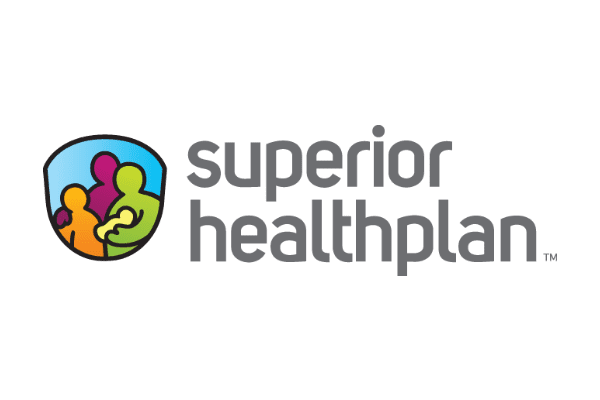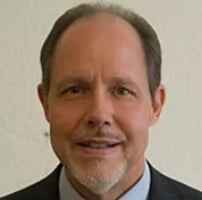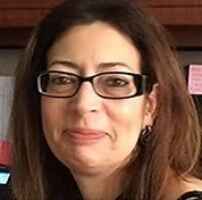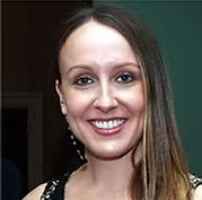About Homeward Bound, Inc. – Dallas
Homeward Bound- Trinity Recovery Center is a substance use disorder treatment center located in El Paso, Texas. They provide a full continuum of care that includes health services, mental health support, and crisis support for men and women who are seeking a place of safety and encouragement.
Homeward Bound Trinity Recovery Center provides detox, residential treatment, outpatient treatment, and medication assisted treatment.
The detoxification program at Homeward Bound- Trinity Recovery Center operates on a first come, first served basis. The lobby for walk ins is open from 8 am to 4 pm Monday through Friday. In order to participate in their detox program, proof of residence and a government issued state ID must be in hand.
Residential treatment at Homeward Bound- Trinity Recovery Center is gender specific. This program is suitable for men and women who need a high level of monitoring, structure, and accountability during the beginning stages of treatment. Through trauma informed care and evidence based approaches to addiction treatment, this program helps create a foundation for long term recovery. Individual therapy and group therapy, along with classes, will be required. Connections to outside services can be obtained to provide specialized medical care.
The outpatient program at Homeward Bound- Trinity Recovery Center offers counseling, education, and peer support to those who want to continue treatment upon graduating from more intensive treatment programming. Life skills, recovery skills, and 12 Step meetings will be introduced. The duration of this program depends on individual needs and goals.
Trauma is often a root cause of addiction, changing the brain and biochemistry. Trauma therapy addresses traumatic incidents through scientifically proven and evidence based treatment methods that help target the nervous system’s processing centers, which help to create balance mentally, emotionally, and physically.
Medication assisted treatment provides medications along with comprehensive medical, psychiatric, and behavioral counseling. FDA approved medications are used to support withdrawal from opioid drugs and to help maintain long term abstinence. By combining medication with mental health treatment, a greater chance of success is achieved for long term abstinence.










